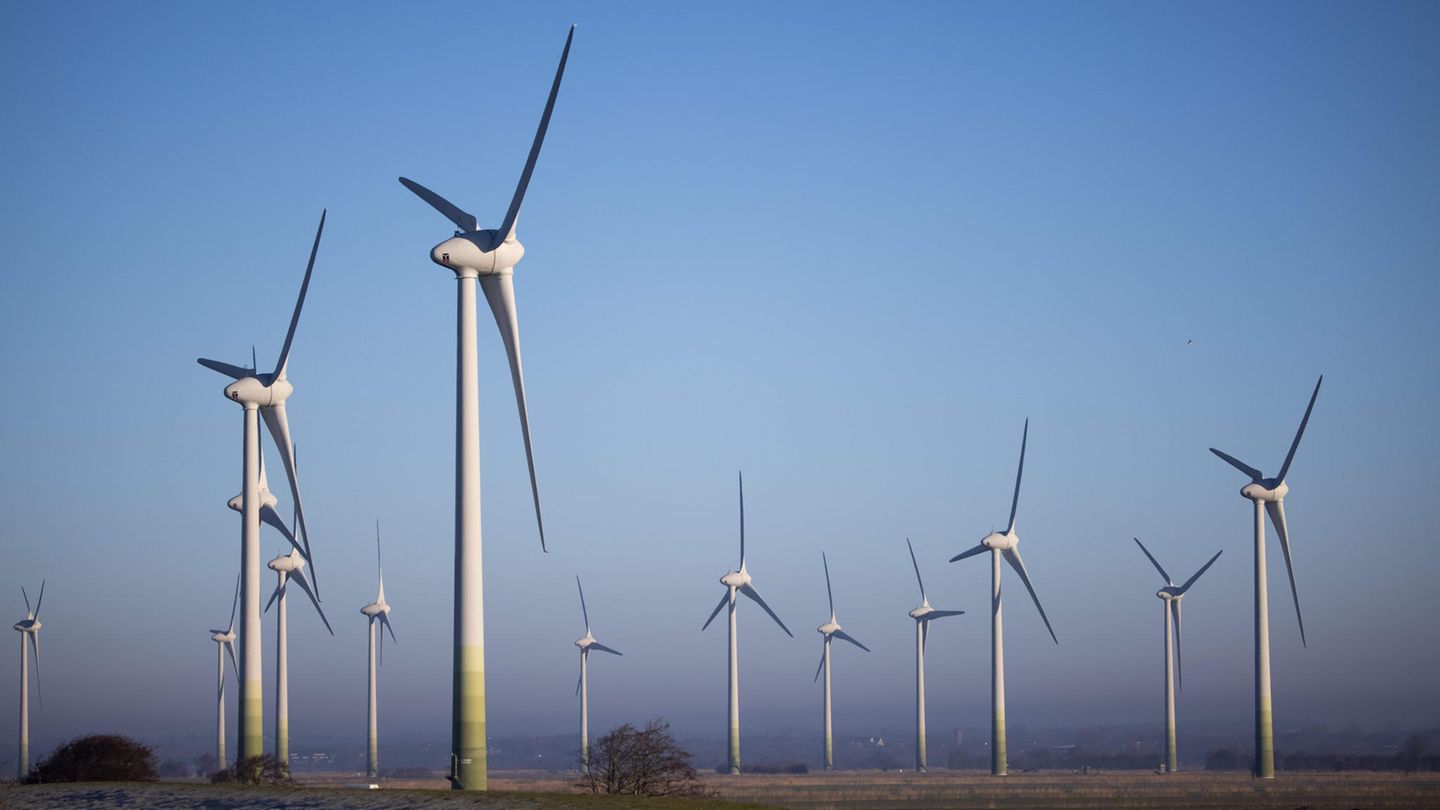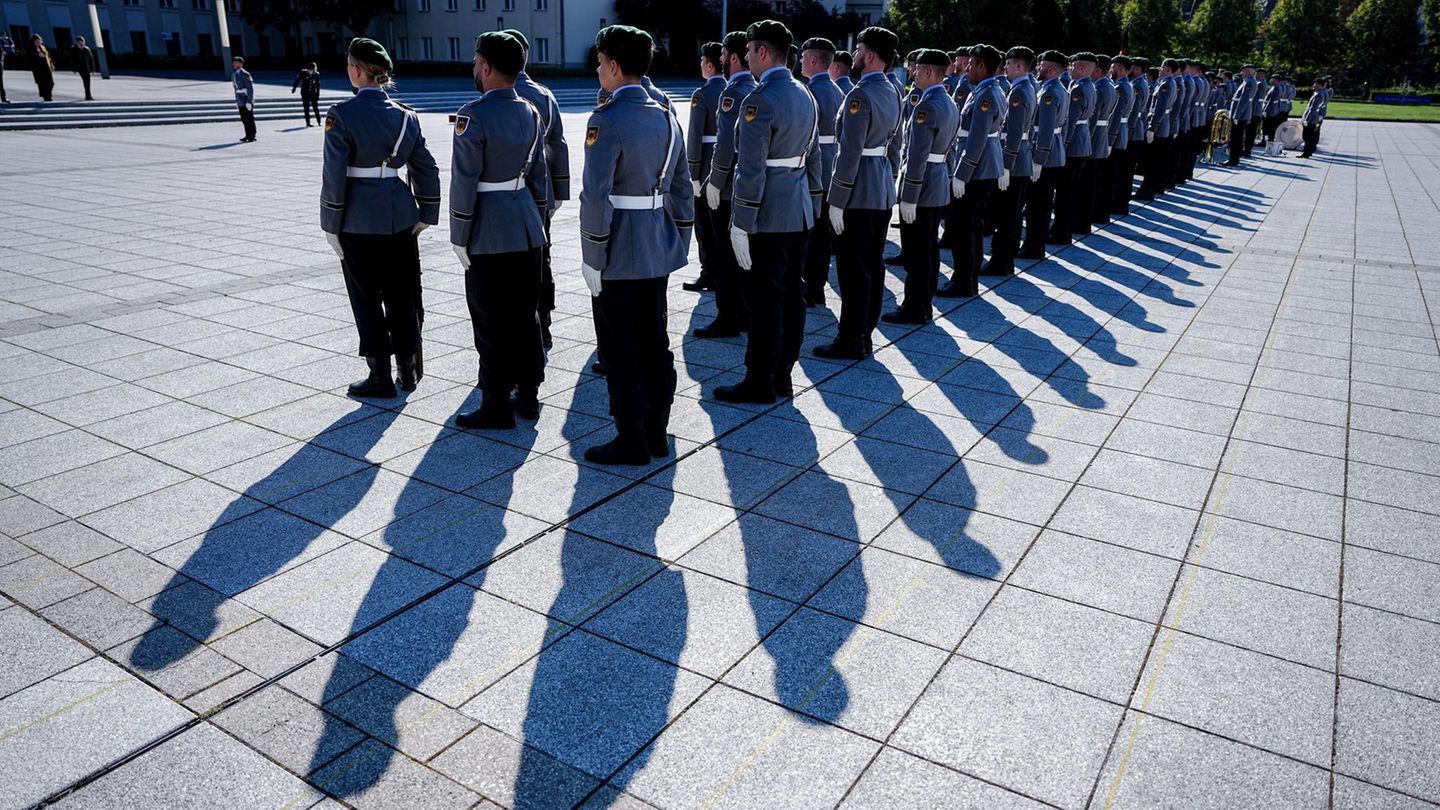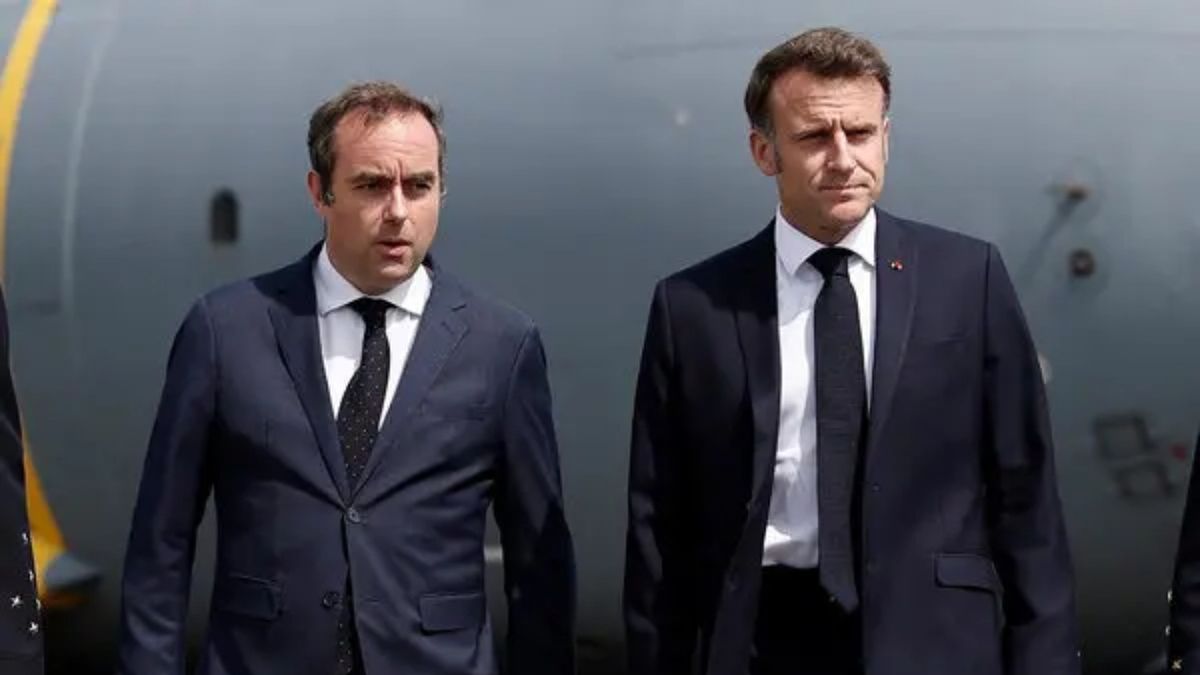Since the start of the Ukraine war, the EU has been rushing to break away from Russian energy. The EU Commission is now outlining how this could work in a comprehensive package. One thing is already clear: it could be expensive.
According to the EU Commission, the European Union must invest up to 300 billion euros by 2030 in order to become independent of Russian energy. Commission President Ursula von der Leyen presented a plan on Wednesday to move away from fossil fuels in Russia and accelerate the energy transition.
“We must reduce our dependence on Russia in the energy sector as quickly as possible,” von der Leyen said. This requires significant investments and reforms. “We are mobilizing up to 300 billion euros for this purpose.” The plan will help save energy, accelerate the phase-out of fossil fuels and stimulate investment. “This will ignite the turbo for our European “Green Deal”, said von der Leyen. The aim is to stop buying energy from Russia within the decade.
Shortened approval procedures and solar roof obligation
Von der Leyen proposed increasing the EU’s energy saving target for 2030 from 9 to 13 percent. She also proposed increasing the target for the share of renewable energy in the EU from 40 percent to 45 percent by 2030.
To achieve this, the Commission wants, among other things, to shorten the approval process for renewable energy projects, introduce a solar roof requirement and import more climate-friendly hydrogen. In addition, investments are to be made in infrastructure – in electricity networks, but also in gas and oil pipelines. Countries like Hungary, which are particularly dependent on Russian oil, are to receive a total of up to two billion euros to get rid of it.
The approximately 300 billion euros are to consist largely of loans and grants. Many of the proposed measures still need to be negotiated with EU countries and the European Parliament.
Source: Stern
David William is a talented author who has made a name for himself in the world of writing. He is a professional author who writes on a wide range of topics, from general interest to opinion news. David is currently working as a writer at 24 hours worlds where he brings his unique perspective and in-depth research to his articles, making them both informative and engaging.




